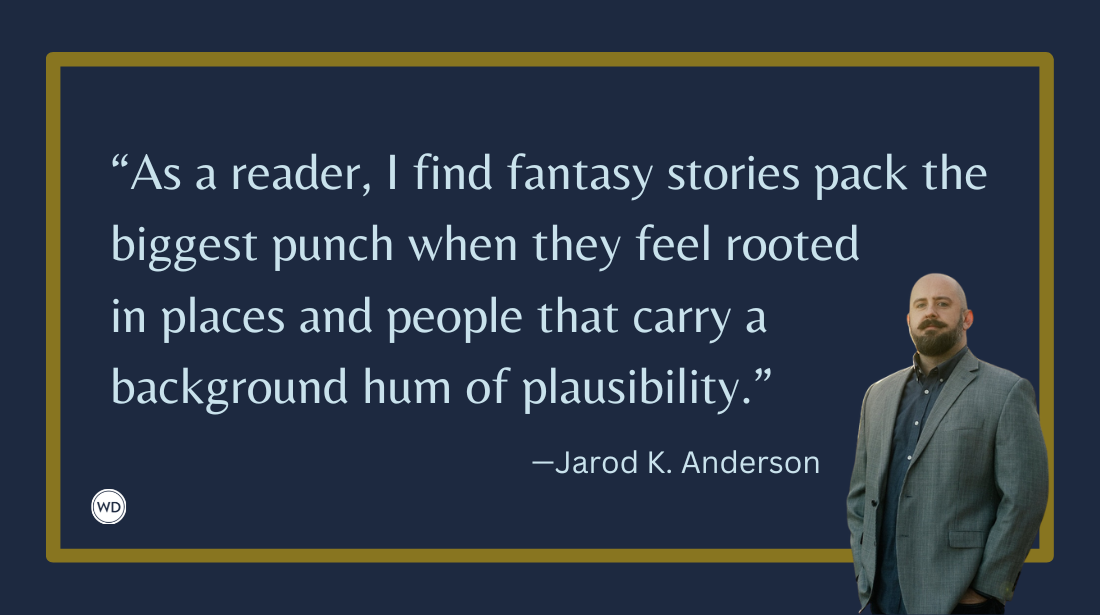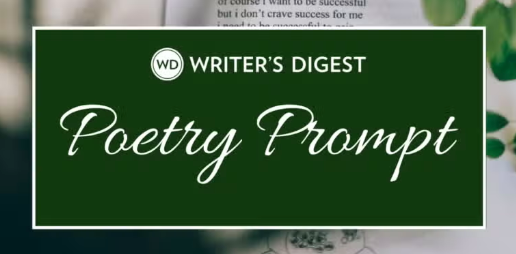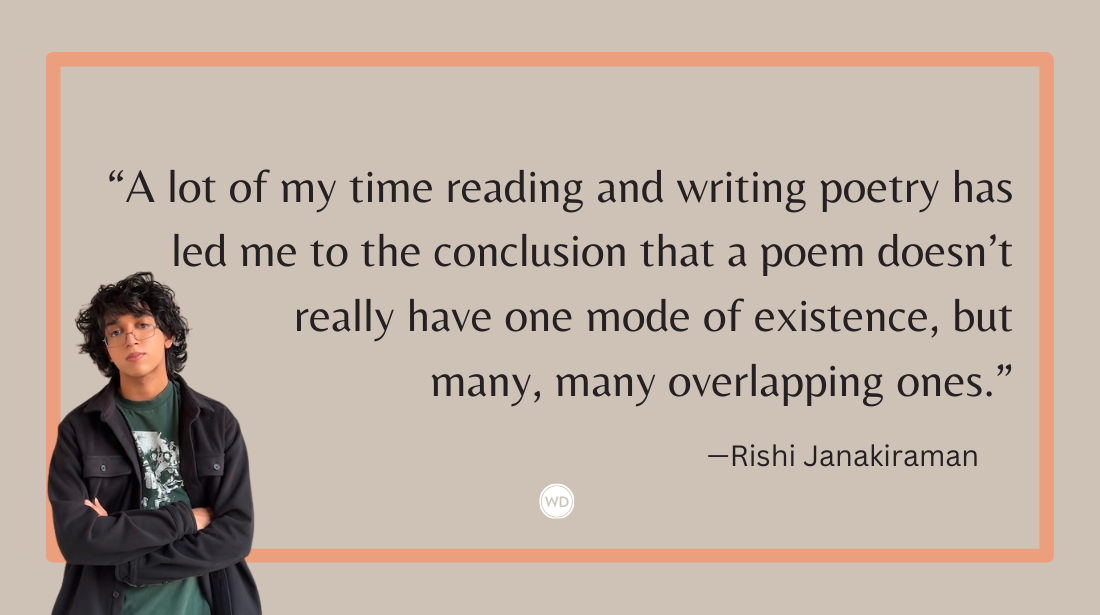How to Write a Love Poem: From a Love Expert
Learn how to write a love poem from someone who has written several successful love poems over the years.
Okay, I'm not a love expert. But I do know how to write a love poem. In fact, I'm surprised I haven't already written a post on writing love poems. Because that's like my thing. Every poem-a-day challenge, whether April or November, includes a love poem (and anti-love poem) prompt. And it was writing a love poem in high school that got me into poetry in the first place.
I've written love poems to woo several former girlfriends. And my wife Tammy, a much better poet than I, traded love poems with me when we worked to woo each other from afar. So yeah, this post is so overdue.
*****
Play with poetic forms!
Poetic forms are fun poetic games, and this digital guide collects more than 100 poetic forms, including more established poetic forms (like sestinas and sonnets) and newer invented forms (like golden shovels and fibs).
*****
How to Write a Love Poem
Okay, here are my tips. They are applicable to any sort of love poem. Though I'm looking through the romantic love lens, these guidelines would help you write a love poem for a friend or family member as well.
- Choose your audience. If you're going to do this proper, you need to pick one person to be your audience. Is it the woman at the coffee shop? The man at the library? I don't know. But pick your person, and pick well.
- Pick specific details about the person. Okay, you've picked your person. What do you like about this person? Is it his dark hair? Or her blue eyes? Maybe how he talks with his hands or how she gathers her hair behind her ears? Including a specific detail or three about your audience will increase your chances of making his or her heart flutter.
- Make personal. Obviously, include those specific details. That will make the poem personal. But remember to write in the first person too. Make your poem "from me to you" personal. This is how "I" feel around "you."
- Be earnest. Sure, you can get poetic, but don't overdo it. In a "real world" love poem, being earnest is way more important than being literary. Sweep your audience off his or her feet with your intentions, not your literary conventions.
- End with call to action or pronouncement. Okay, what kind of call to action? Something as simple as "will you be mine" would work. But you can also pronounce your affection for your audience. Though it should be obvious from the rest of the poem, sticking your landing at the end will help remove any doubt.
One Final Note
You don't have to say the "L" word in a love poem. Though it's completely acceptable to do so, a love poem is more about sparking an emotion than talking about it. For instance, the first poem that stirred romantic thoughts in me for my wife Tammy was in a poem she wrote for me about a digital clock. It followed every rule above, but didn't use the "L" word.
Still, more than a decade later, we're happily married. I'm no love expert, but that seems pretty effective to me.






